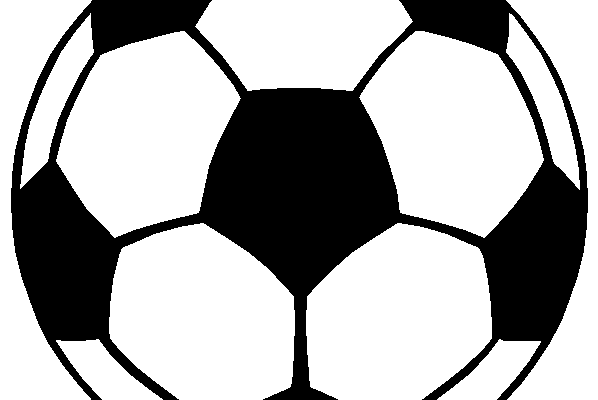
Maine high school summer sports guidelines set through Aug.
The Maine Principals’ Association on Thursday released guidelines for high school coaches and athletes for the summer that will be in force from July 6 to Aug. 2.
The guidelines have been divided into a pair of two-week sessions with the second portion relaxing the restrictions imposed for the first.
The rules are designed to allow coaches and student-athletes to prepare for their upcoming seasons in the safest way possible as everyone continues to deal with the coronavirus pandemic.
It will be up to school and district administrators to decide whether to open their campuses and athletic facilities.
If schools and facilities are reopened, the MPA release said school administrators have to ensure that adequate staff is present to validate that all the safety precautions are met.
Most schools have locked down their facilities due to the coronavirus.
Phase One, which begins July 6 and runs through July 19, will be limited to outdoor facilities. Permissible activities will include only conditioning, strength training and agility. No sport-specific equipment or drills will be allowed.
Student-athletes will be limited to one hour of activities per day.
Sessions may include groups of 10 or less. Student-athletes will be assigned to a particular pod and must remain in that group for each workout for the duration of Phase One. Coaches must keep attendance for each student and adult on a daily basis.
Any student-athletes, coaches or adults who have COVID-19 symptoms or are sick have to stay home and must receive a medical clearance to return.
Face coverings are recommended for the student-athletes when they aren’t engaged in vigorous activity and coaches and other officials should always wear cloth face coverings.
The athletes and coaches should bring their own water bottles and everyone should wash their hands frequently. Disinfectants and hand sanitizers must be available and equipment should be sanitized after each individual use.
Screenings in the form of health questions asking about symptoms such as fever, cough, chills and fatigue will be conducted regularly.
Phase Two will run from July 20 to Aug. 2, when the use of indoor facilities will be allowed. That includes weight rooms, gyms and wrestling areas.
The outdoor pods will expand to include as many as 50 students, who will be allowed in designated areas. Student-athletes must remain in that same group for the entire two weeks. Indoor pods will be 10 or fewer athletes.
The daily time limit for the athletes will increase, permitting up to two hours.
Activities during Phase Two may consist of conditioning, strength training, agility and individual skill development. Sport-specific activities and equipment use will be allowed.
But no form of player-to-player competition will be permitted.
The guidelines for fall preseason practices, which begin with a Phase Three extended conditioning and acclimation period from Aug. 3-16, have yet to be determined.
Skowhegan High School field hockey coach Paula Doughty said the MPA guidelines are excellent.
“The MPA set up some really good parameters for us to keep these kids safe. You’re never going to have an environment that is 100 percent safe,” she said. “The MPA did their due diligence.”
The first two weeks of August had been a hands-off period meaning coaches couldn’t work with their players, but the MPA lifted that ban due to COVID-19.
Coaches may work with their players now.
Doughty particularly likes the paragraph in the MPA release that reads, in part, “Returning to physical activity is essential for high school-aged athletes for both their physical and mental well-being.”
“Kids are getting really depressed,” said Doughty, who last fall guided Skowhegan to its 16th state Class A championship in 19 years. “They need to get back to school and need to get back playing sports. Spending years sitting in a house isn’t feasible.”
“This is going to be extremely valuable because a lot of our kids haven’t been doing much and being able to ease them into physical activity is the right move,” Old Town football coach Lance Cowan said.
He said the conditioning element is critical for collision sports like football. Cowan also supports the extended preseason.
“We have a small school and a lot of our kids play both ways [offense and defense] so I like having a four-week preseason,” said Cowan, who hopes it is implemented in the future.
Bucksport football coach Joel Sankey supports a longer preseason.
“I’ve always felt we should have another week of preseason even if you limit it to 90 minutes a day,” said Sankey. “The players will be in better football shape.
Cliff Urquhart, the athletic director and girls basketball coach at Southern Aroostook High School of Dyer Brook, said since school districts will determine whether to open their facilities, some coaches may have to work around that.
“They’re going to have to find some other facility to accommodate their sport,” Urquhart said.
He also wondered how not being able to use balls or equipment might affect the motivation of athletes to show up for conditioning workouts in July.